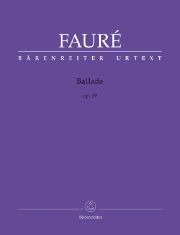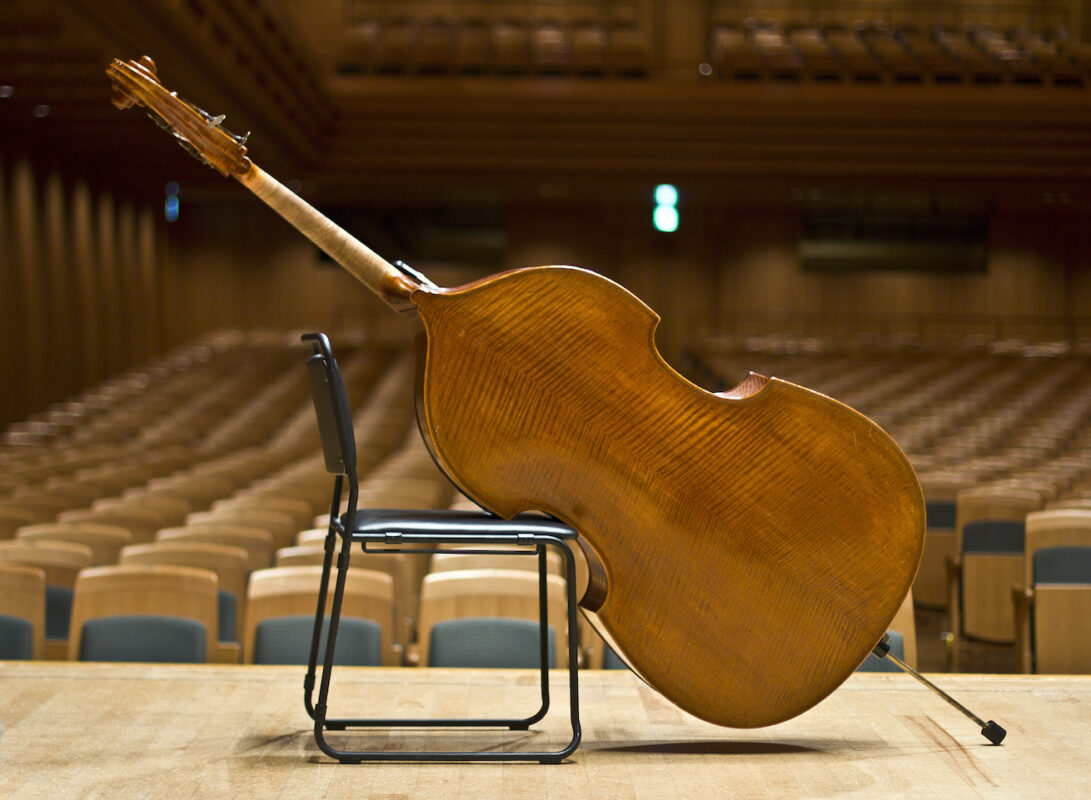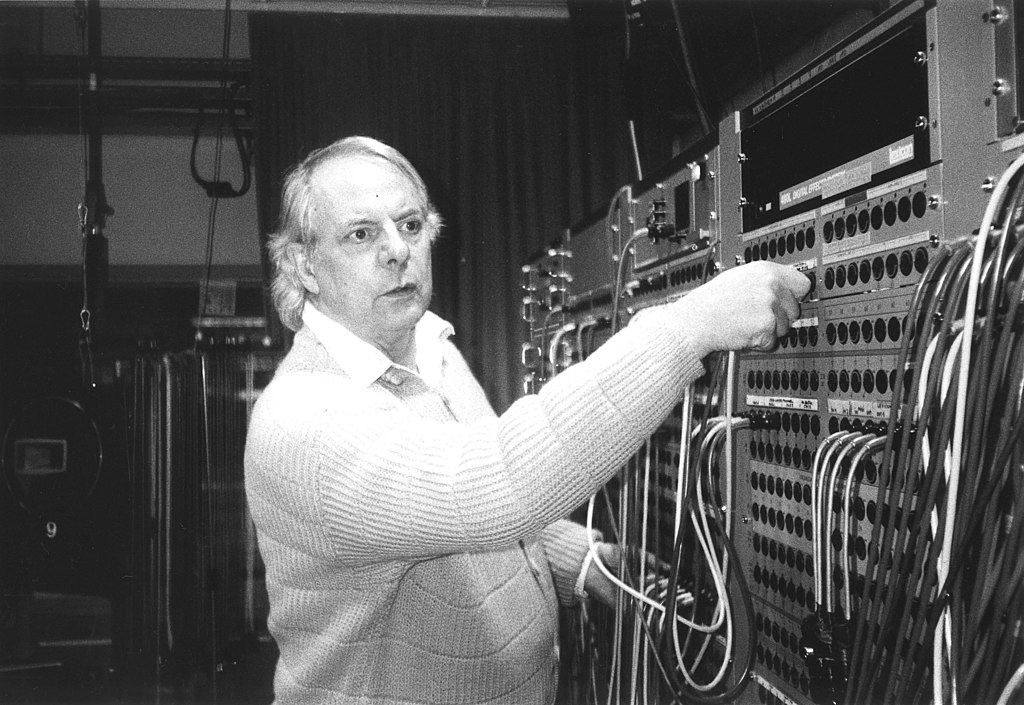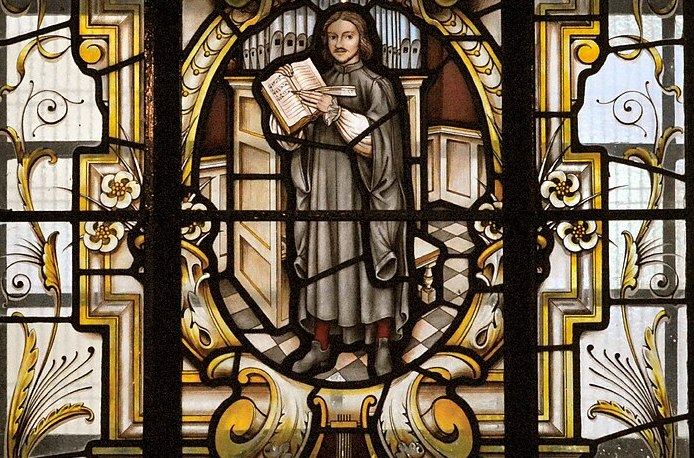Even Liszt had too few fingers for it
Review: Gabriel Fauré's extremely complex "Ballade" op. 19 is much easier to read in Christoph Grabowski's large-format edition.

"Sa complexité formelle, sa densité d'écriture, sa richesse harmonique, sa variété émotionnelle et ses difficultés techniques considérables placent cette composition parmi les plus difficiles du répertoire pianistique du 19e siècle." This judgment by Philipp Fauré about the Ballad op.19 by his father may sound somewhat exaggerated today. The fact is that it is one of Gabriel Fauré's most representative and ambitious piano works.
As far as the pianistic difficulties are concerned, none other than Franz Liszt complained to the composer with his characteristic charm that he did not have more fingers. It was probably also Liszt who advised a reworking. Fauré obviously took this advice to heart, and today the work is more commonly known in the version for piano and orchestra.
The Bärenreiter publishing house has done well to publish the original version in large format. Fauré's comlpex piano writing is much more pleasant to read this way. As editor, Christophe Grabowski has not only included a preface that is well worth reading, but also inspiring notes on interpretation from the pen of Philipp Fauré and the pianist Marguerite Long.
Gabriel Fauré: Ballade op. 19, Urtext ed. by Christophe Grabowski, BA 10841, € 12.95, Bärenreiter, Kassel 2012









